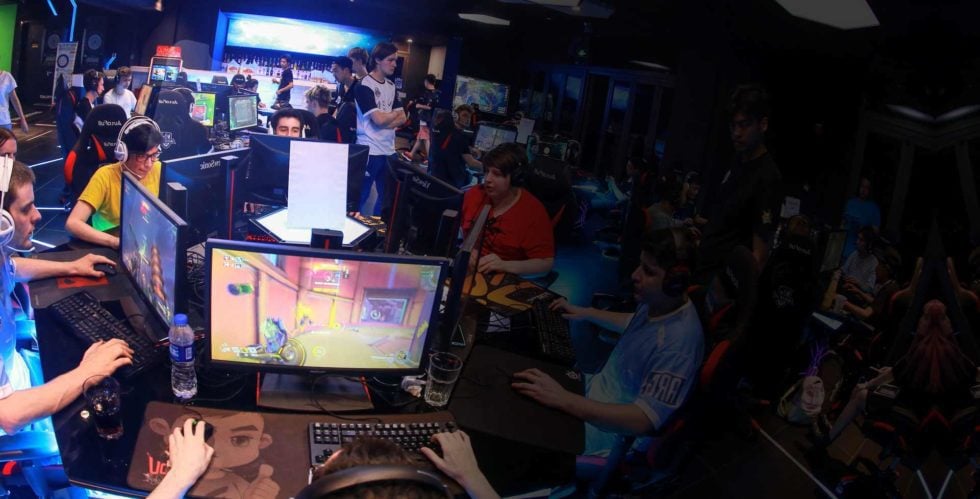Online gaming has undergone a tremendous transformation since its inception. What once started with simple LAN parties in basements and computer labs has evolved into a billion-dollar industry dominated by cloud computing, esports tournaments, and virtual economies. This article dives into how online gaming has changed and what the future may hold.
In the early 1990s, online gaming was primarily limited to Local Area Network (LAN) connections. Gamers had to bring their PCs or consoles to a central location and connect them with cables to play multiplayer games. Titles like “Doom” and “Quake” were some of the first to popularize LAN gaming. Although limited in scope, these gatherings built a strong sense of community and laid the groundwork for future developments.
By the late 1990s and early 2000s, internet infrastructure began improving, allowing players to connect across the world. This was the birth of true online gaming. Massive Multiplayer Online Role-Playing Games (MMORPGs) like “EverQuest” and “World of Warcraft” emerged, allowing thousands of players to interact in persistent worlds.
The rise of broadband internet in the mid-2000s further fueled this growth. Online shooters like “Call of Duty” and “Halo” became mainstream, and matchmaking systems allowed players to connect seamlessly. Voice chat, guilds, and online leaderboards created more immersive and competitive experiences.
Today, cloud gaming platforms such as NVIDIA GeForce Now, Xbox Cloud Gaming, and Google Stadia (before its shutdown) have taken things a step further. These services allow gamers to play graphically demanding games without high-end hardware, streaming them directly to low-powered devices over the internet. The cloud gaming market is expected to reach over $20 billion by 2030.
Online gaming is no longer just entertainment. Esports has transformed it into a career for many. Professional players, streamers, and content creators now earn millions through sponsorships, prize money, and ads. Games like “League of Legends,” “Fortnite,” and “Counter-Strike” draw millions of viewers during tournaments.
With the advent of blockchain technology and the metaverse, online gaming is entering a new era. Players can now earn digital assets and real money by participating in games. Titles like “Axie Infinity” and “The Sandbox” showcase the potential of decentralized gaming economies.
Looking ahead, the future of online gaming appears brighter than ever. With advancements in VR, AI, and 5G technology, we are moving toward even more immersive and accessible gaming experiences. Whether you’re a casual player or a competitive pro, there’s never been a more exciting time to be part of the gaming world.



